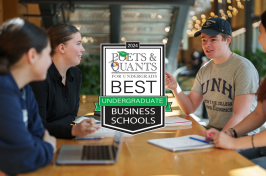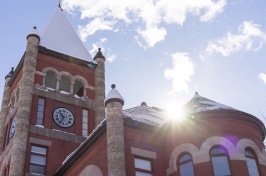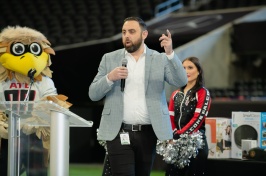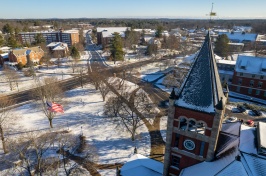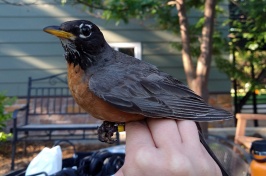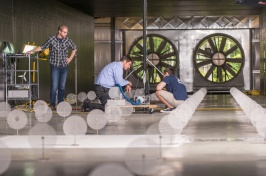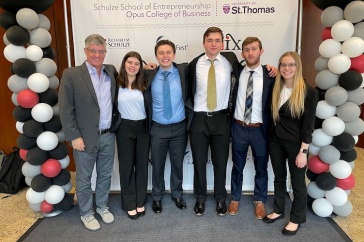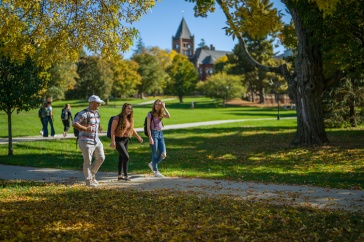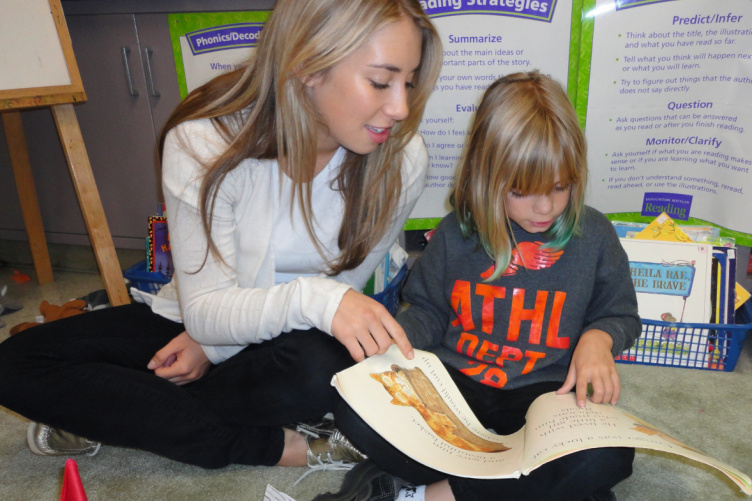
Thanks to the generosity of a trio of donors, the department of education will soon turn a long-held dream into reality: a new literacy center designed to meet the needs of New Hampshire schoolchildren and educators. Established with a gift of $1 million, the Community Literacy Center (CLC) will be a collaborative partnership between the University of New Hampshire and educators serving students from preschool through 12th grade. While initial partnerships will be based in the seacoast area, the center will ultimately deliver outreach across the state.
“Literacy is at the core of students’ academic success; it plays a role in virtually everything else they do in school,” says associate professor Ruth Wharton-McDonald, who has been involved from the start. “Schools work hard to provide students with the support they need, but there are some learners who really benefit from additional support beyond the school day. That kind of assistance can be very expensive — making it unaffordable for many students in the Granite State.”
Enter the Community Literacy Center, which will provide free or steeply subsidized intervention services to students beyond the hours of the school day, as well as teacher education and professional development that will enhance the literacy teaching skills of the schools’ own educators. At the same time, the CLC will provide preservice teachers at both the undergraduate and graduate levels with an expanded literacy curriculum — and some extraordinary hands-on teaching experience as they work with students in the schools.
“It’s really a win-win,” Wharton-McDonald says. “What’s more, the collaborative work between university faculty, school-based educators and families will also provide a rich context for research related to literacy learning and instruction.”
A search for a full-time director of the center is under way now. Wharton-McDonald, who will remain involved as a liaison between the CLC and the department of education, says the hope is to hire someone over the summer. The first center-specific course for UNH students is likely to be offered in summer or fall 2016, when they will begin tutoring elementary grade students after school.
The donors behind the center — two alumni and a parent — have chosen to remain anonymous, but Wharton-McDonald says their enthusiasm for the project is loud and clear. One of the alums spent her entire career as an educator, focused specifically on literacy, and she saw firsthand the difference the right learning opportunities could make for children.
“Her mission was to improve access for students and teachers, which happened to be our mission as well — and the mission of our community partners,” Wharton-McDonald says. The donors’ intent is that their generous gift be used to launch the new center and to leverage future donations from local, state and federal sources. They also hope it will inspire other alums to step forward and ensure the long-term viability of the project. “We’re so pleased that all the pieces lined up the way they did to support children in New Hampshire.”
-
Written By:
Kristin Waterfield Duisberg | Communications and Public Affairs










